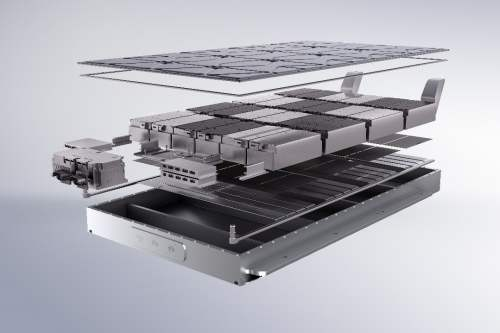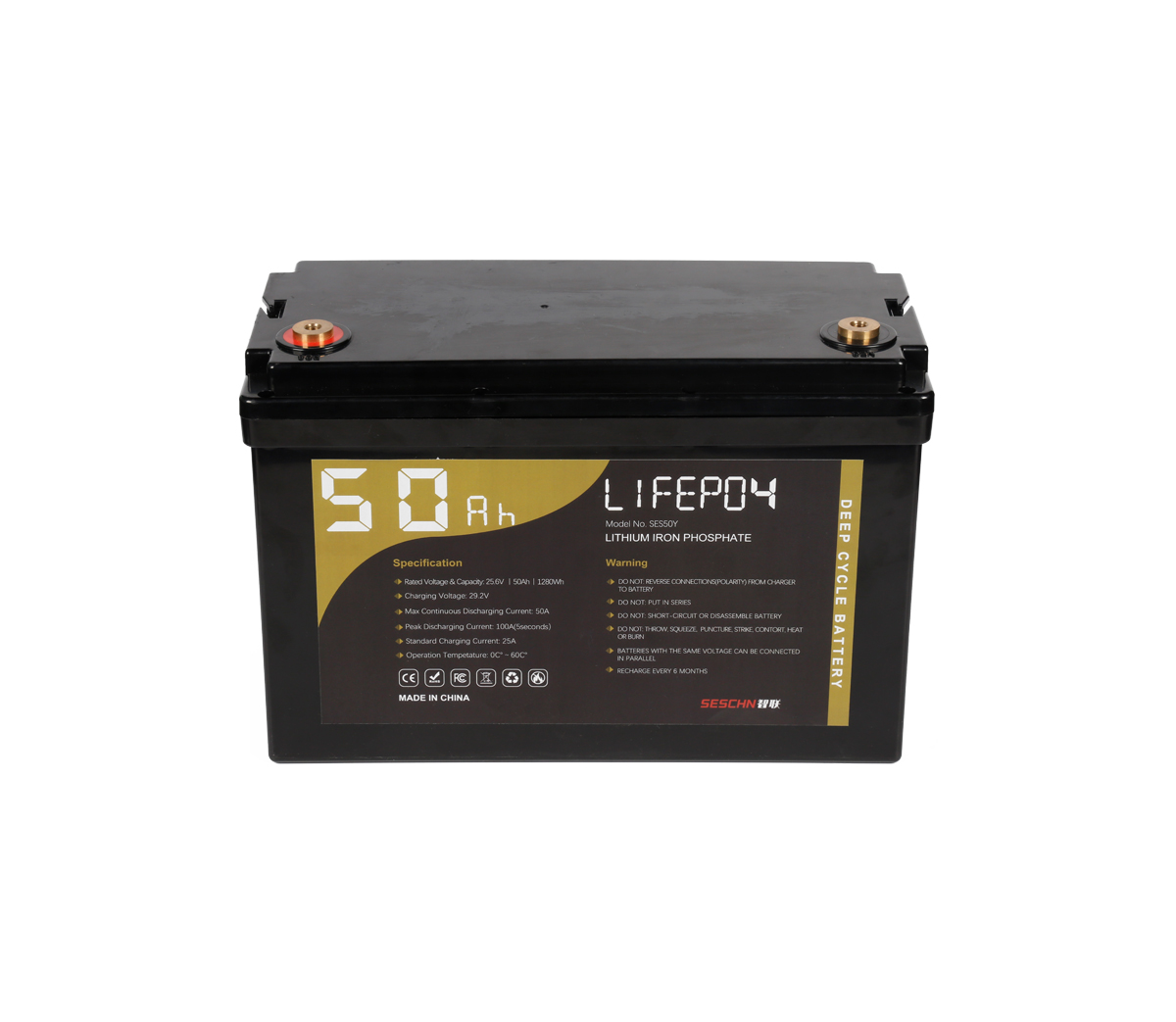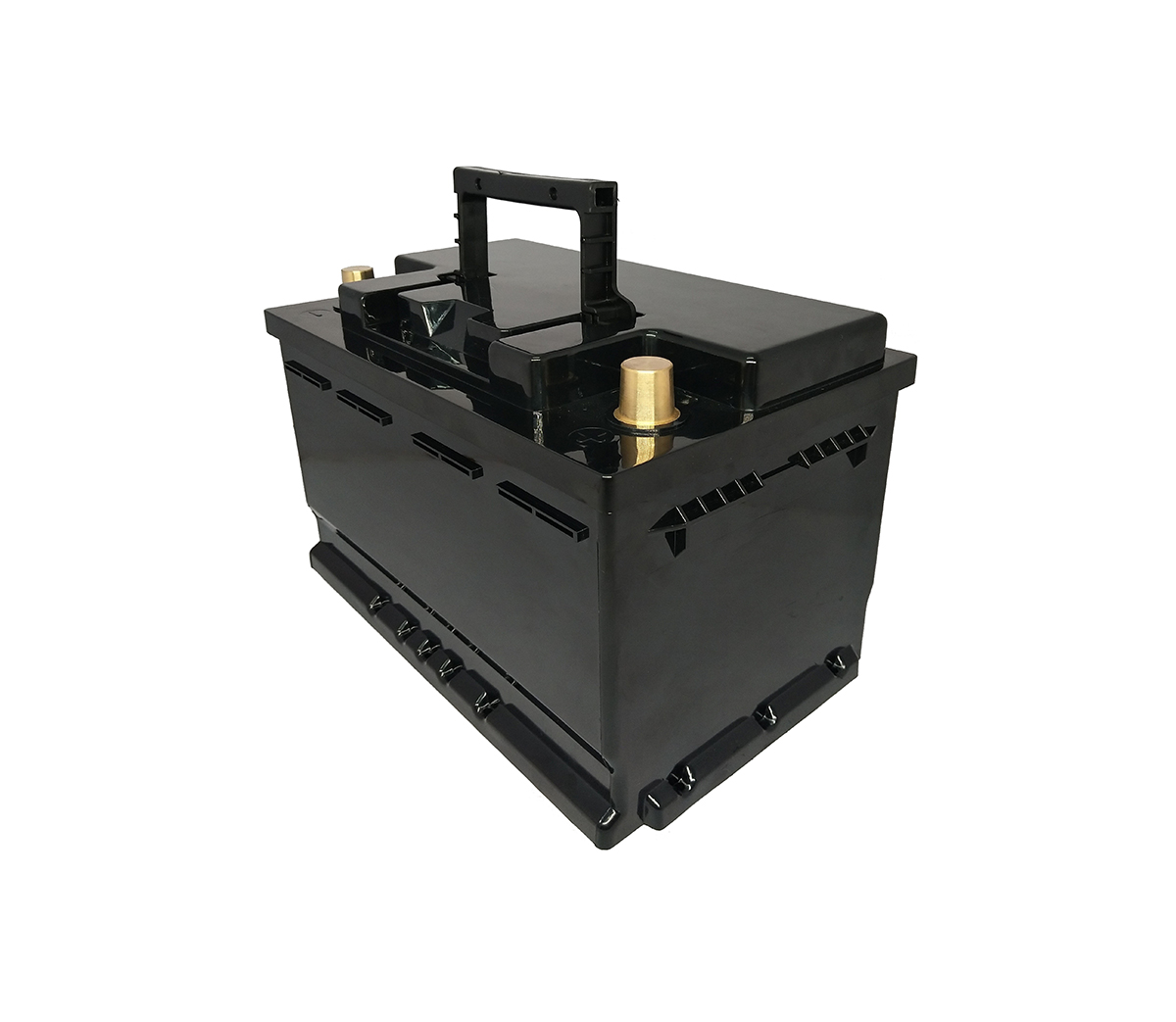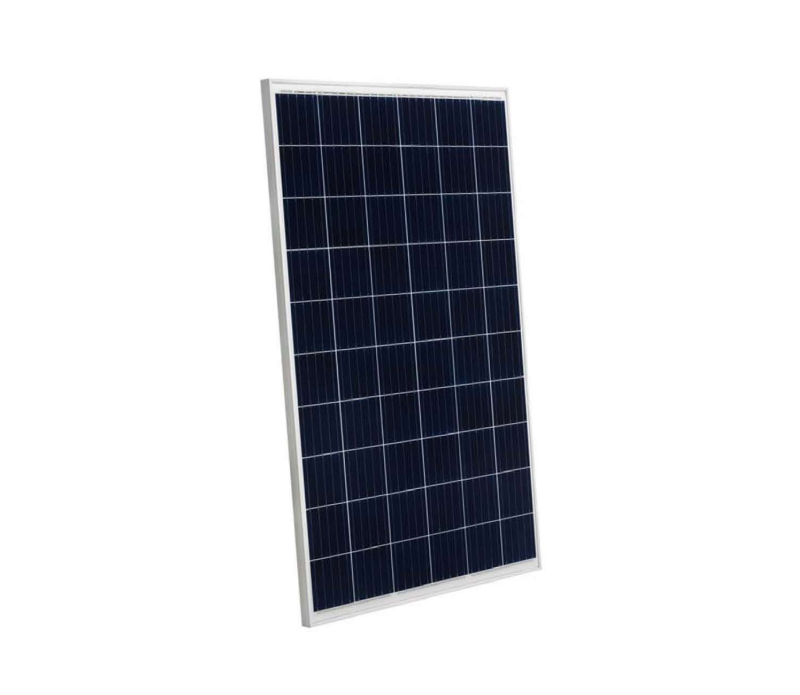International test standards for power type lithium batteries
Lithium batteries have been widely used in all aspects of people's lives,
but lithium batteries are hazardous. Even lithium iron phosphate batteries with
safety features are equally hazardous. In response to these situations, relevant
international organizations have formulated a series of standards to ensure that
the power lithium batteries used by people are sufficiently safe.

International standards bodies mainly include the International
Electrotechnical Commission (IEC), the International Organization for
Standardization (ISO), the Underwriters Laboratories (UL), the American Society
of Automotive Engineers (SAE), and relevant EU institutions.
1. International standards
The power lithium-ion battery standards issued by IEC mainly include IEC
62660-1:2010 "Lithium-ion power battery monomer for electric road vehicles Part
1: Performance testing" and IEC 62660-2:2010 "Lithium-ion power battery for
electric road vehicles" Monomer Part 2: Reliability and Abuse Testing".
UN 38.3 "United Nations Recommendations on the Transport of Dangerous
Goods, Standards and Test Manual" promulgated by the United Nations
Transportation Commission, the requirements for lithium battery testing are for
the safety of batteries during transportation.
ISO standards for power lithium-ion batteries include ISO 12405-1: 2011
"Electric Drive Vehicles-Lithium-ion Power Battery Packs and System Test
Procedures Part 1: High Power Applications", ISO 12405-2: 2012 "Electricity
Driving vehicles-Lithium-ion power battery packs and system test procedures Part
2: High energy applications and ISO 12405-3:2014 "Electric drive
vehicles-Lithium-ion power battery packs and system test procedures Part 3:
Safety requirements”, in response to high-power batteries, high-energy batteries
and safety performance requirements, the purpose is to provide optional test
items and test methods for vehicle manufacturers.
2. American Standard
UL 2580: 2011 "Batteries for Electric Vehicles" mainly evaluates the
reliability of battery abuse and the ability to protect personnel when abuse
causes harm. This standard was revised in 2013.
SAE has a large and complete standard system in the automotive field. SAE
J2464: 2009 "Safety and Abuse Testing of Rechargeable Energy Storage Systems for
Electric and Hybrid Electric Vehicles" promulgated in 2009 is an early batch of
vehicle battery abuse test manuals applied in North America and the world. It
clearly points out the scope of application of each test item and the data to be
collected, as well as suggestions for the number of samples required for the
test item.
SAE J2929: 2011 "Safety Standards for Electric and Hybrid Battery Systems"
promulgated in 2011 is a safety standard proposed by SAE in summarizing various
power battery related standards promulgated before, including two parts:
Electric vehicles may appear during driving The regular situation test and
abnormal situation test.
SAE J2380: 2013 "Vibration Test of Electric Vehicle Batteries" is a
relatively classic standard for vibration testing of electric vehicle batteries.
Based on the statistical results of the vibration load spectrum of actual
vehicles traveling on the road, the test method is more in line with the actual
vehicle vibration conditions. Has important reference value.
3. Other organization standards
The US Department of Energy (DOE) is mainly responsible for energy policy
formulation, energy industry management, and energy-related technology research
and development. In 2002, the US government established the "Freedom CAR"
project, and successively issued the Freedom CAR power-assisted hybrid electric
vehicle battery test manual and the electric and hybrid vehicle energy storage
system abuse test manual.
The German Automobile Industry Association (VDA) is an association formed
by Germany to unify the various standards of the domestic automobile industry.
The standards issued are VDA 2007 "Battery System Testing for Hybrid Electric
Vehicles", mainly for the lithium-ion battery system of hybrid electric vehicles
Performance and reliability testing.
Economic Commission for Europe (ECE) R100. 2 "Uniform Provisions on the
Approval of Vehicles Regarding Special Requirements for Electric Vehicles" is
the specific requirements formulated by ECE for electric vehicles. The whole is
divided into two parts: Four aspects of charging energy storage system,
functional safety and hydrogen emissions were regulated. The second part is the
new specific requirements for the safety and reliability of rechargeable energy
storage systems.



































